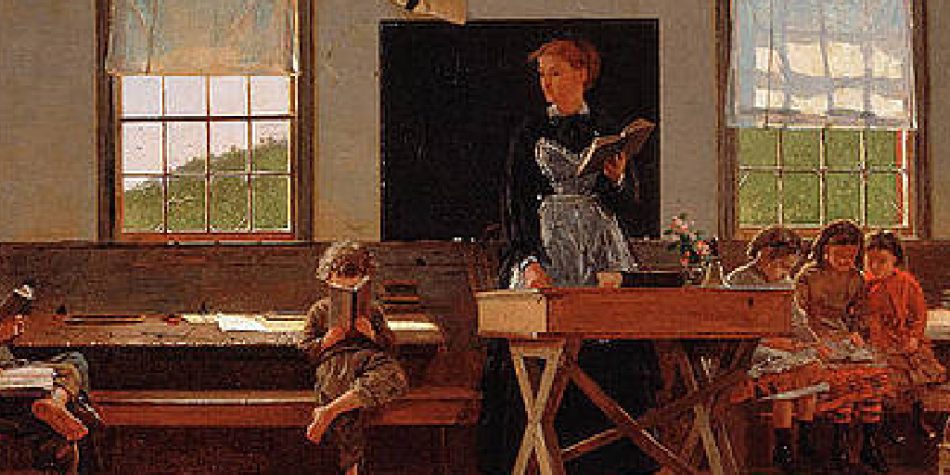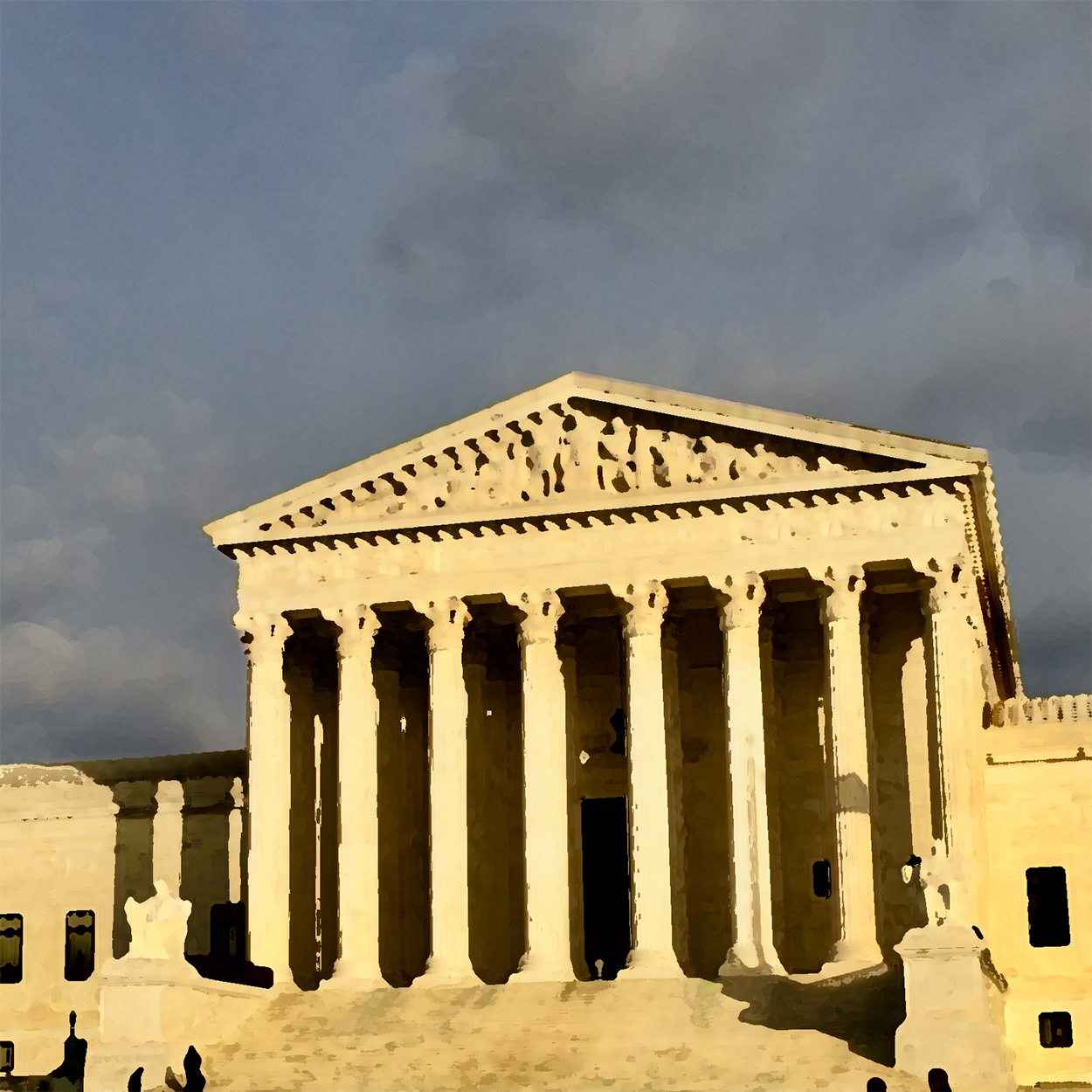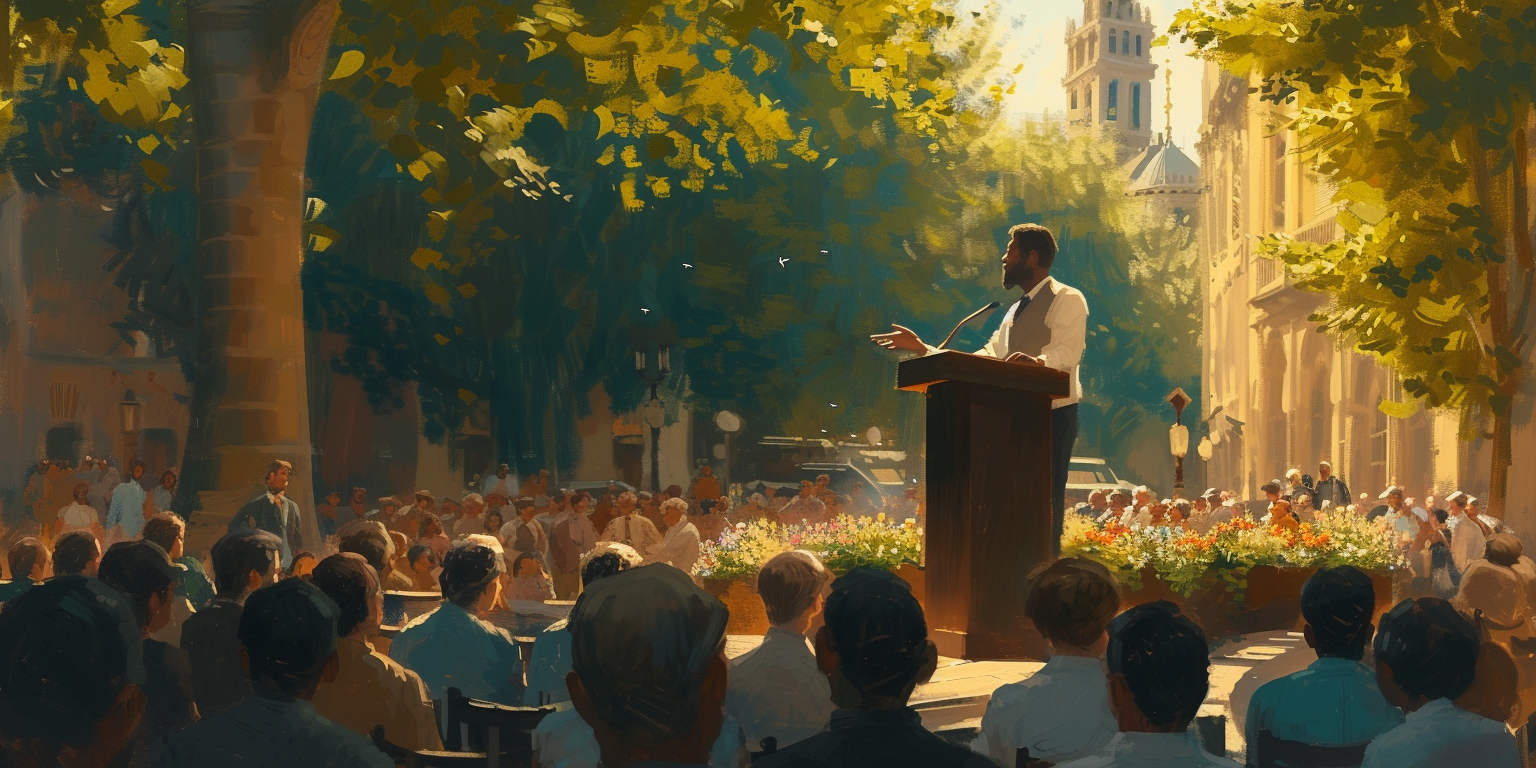With the discussion of LGBT+ issues of late, I want to be clear to my own students about where I stand on truth and belonging.
I am a faculty member of a school sponsored by The Church of Jesus Christ of Latter-day Saints. We support its doctrines and promote its values. In particular, we believe that man-woman marriage is an essential part of fulfilling God’s plan for us. I believe you are a child of God. You are a being of divine parentage.
Talking about belonging. Let’s get to the most important thing first. Human beings need to belong like they need air or water. It is fundamental. You belong in my classroom.
- If you are a closeted gay student, you are safe with me.
- If you are unsure whether the Church is true, you are safe with me.
- If you’ve gone through–or are going through–abuse, you are safe with me.
- If you’re not sure about your gender, you are safe with me.
- If you think the world is unjust, you are safe with me.
- If you’re LGBT+ and out and trying to navigate what that means for you at a CES school, you’re safe with me.
- If you’ve been through something awful and it’s just hard to trust in general, you’re safe with me.
- If you are battling mental illness, you are safe with me.
- If you’re a boring kid from a boring town with a boring life, except for some things you don’t want to talk about, you can talk about them with me or not. Either way, you’re safe with me.
- No matter who you are, I want you here, and I aim to help you belong. I want to build a community that welcomes and supports you.
Talking about safety. Now let’s talk for a second about what “safe” means.
- Safe means that I will push you academically and spiritually as best I can to become the very best you can be.
- Safe means that slurs, derogatory comments, or hurtful responses will be addressed directly and if appropriate, publicly. When asked, students often report that these comments are the most significant factor in making them unsafe. I will not tolerate such.
- Safe also means that I won’t refer you to student discipline or the honor code for things like wrestling with your testimony, your experience of gender, or your orientation because none of those things are infractions in any meaningful sense.
- Safe means that you are not in any way suspect for identifying as LGBT+ in terms of honesty, integrity, or worthiness.
- Safe means that I will listen to your experience and do what I am able if you tell me that you have been made to feel unsafe.
- Safe means that I will follow the most up-to-date guidance from the Church, and will do my best to avoid outdated or incorrect teachings about sexuality in my class. I will also do my best to correct students who do and point them to reliable resources on the topic.
- Safe means that if you are going through an abusive situation, you can speak to me in privacy and that I will do my best to listen and get you resources. (Note: I’m not an expert in this. I’ll strongly encourage you to speak with one.)
- Safe means that if there are academic or honor code concerns I will do everything I can to help you navigate a difficult situation with integrity and compassion.
- Safe also means that I will do as much as I can to help students (no matter how they identify) navigate those tricky waters as best I can, and will be aware of how I might be treating different students differently based on how they identify.
And now, let me clarify what “safe” does not mean.
- Safe does not mean neutral. I am fully on the side of the restored gospel. If you are in my class, you will hear me preach the restoration, particularly the doctrine of the family, of which I have a strong personal testimony that comes from academic, spiritual, and personal experience.
- Safe does not mean that I will avoid tricky topics around you, nor that I’ll always get them right.
- Safe means that when I don’t get something right, I might need forgiveness. I commit to trying. I can only hope that I rectify mistakes quickly and earnestly.
- Safe does not mean that your ideas are safe. The purpose of the academy is to promote good ideas, but also to eliminate bad ones. The people who espouse anarcho-capitalism and utopian-marxism are welcome in my class, and the ideas they hold should be subject to repeated, deliberate fire—or you deserve your money back. You are safe with me. Your ideas are not. I intend to push on them.
- Safe does not mean that you won’t get feedback. My primary job is to give you skills and reasoning abilities that will make you a better thinker, a better citizen, and a better professional. Growth means growing pains. Do not mistake feedback as uncaring. It is fundamental to your development and is part of what you are paying for.
- Safe does not imply low expectations. I intend to push you. I do not apologize for it.
- Safe does not mean that I won’t sometimes offer a deliberate, direct, and well-motivated rebuke if warranted.
- Safe does not mean that I will always agree with you. Note, however, that I care infinitely more about improving the quality of your thinking than making you agree with me.
- Safe does not mean that I will let you come to class out of dress code, unprepared, or in any way that could harm the learning environment. In fact, you can be assured that I will be swift to defend the learning environment. I will not apologize for asking you to live up to your commitments. I care enough about you to ask you to expect that you live a life of integrity: that you make commitments carefully, and keep them resolutely.
- Safe does not mean that I’ll turn a blind eye to the breaking of your commitments and covenants. I speak particularly, here, of the honor code.
- Safe means that if you’ve made a mistake, my first goal is your long-term welfare: to help you figure out how to make peace with things and move productively forward.
One other thought on the question of “safe.” Elder David Bednar frequently mentions the difference between members of the community who are here in order to attempt to “change the university” rather than “allowing themselves to be changed by the university.” If you are in my class to allow the experience to change you, you will have a rich, meaningful, hopefully life-changing experience. If, however, you are in my class—or at the university to begin with—for the purpose of advocating for change, I expect you will experience frustration and turmoil. There is much good to be said of activism. There is also something to be said for choosing the best path for yourself and allowing others to choose the best path for them.
Symbols that unite or divide. Now, back to the other issue. Why no pride flag?
The pride flag is different in the context of a Church-sponsored school than at another university. I was talking to a colleague recently about this, and I said “I have considered putting up a pride flag—to communicate all the love, inclusion, and kindness that it entails. Unfortunately, it also communicates something else: a set of morals and values that run contrary to the restored gospel. How can I signal that students are welcome without also signaling something I do not believe in?” Human beings need to belong like they need air or water. It is fundamental.
She’s right. If I need a flag to let students know that they are safe, I’m doing something wrong—and I’m probably not living up to my role as a disciple of Jesus.
At best, then, the pride flag is redundant.
I told my friend that I wanted to do two things: make everyone welcome and also stand firmly behind the restored truths that I believe in. One of us—I can’t remember who—sketched a little image of the Christus, with the words underneath that say “I am a disciple of Jesus Christ. I will welcome all, and I will stand for truth.”
That has become my little symbol. A very countercultural one, I would wager.
When Elder Holland recently spoke at BYU, it occurred to me that he may have been asking Church-sponsored school employees to take down pride paraphernalia. He spoke specifically about symbols and flags and rallies, and it seems to me that a plain reading of his remarks implies that it’s time to distance ourselves from such symbols. He mentioned symbols that cause more friction than unity (note, not just pride flags, but also any near-equivalent—or any opposite symbolism, including symbols of hate or anger). In fact, I think it takes jumping through some hoops to convince myself he wasn’t talking about pride imagery. A plain reading of his talk suggests that it’s time to do away with such symbols—and yes, the symbols on the other extreme—in favor of symbols that focus me on Jesus, my discipleship, my integrity, and my compassion.
I could be wrong. I won’t pretend to interpret an apostle’s remarks for anyone other than me, but I will apply them personally. Why would he ask us to avoid such imagery, then?
It’s more than just redundancy. Another reason is that the pride flag has an insidious effect: if a Muslim teacher—who holds that homosexuality is sin—does not put up a pride flag, are they “safe?” If an Evangelical Christian or Orthodox Jew does not put up a pride flag, should an LGBT+ student assume that they are not “safe”—or worse, that they are in fact “dangerous?”
Pride imagery predisposes us to assume that anyone not loudly proclaiming their group affiliation is unsafe—and perhaps even one of the bad guys. A pride flag means “I support LGBT+ students because I have a pride flag!” and no pride flag means “I have no pride flag, so you can leave to your imagination what horrors will happen if a gay student comes to me!” When Elder Holland called this topic divisive, surely this was part of what he meant: that some imagery causes us to factionalize and suspect each other, rather than to come to unity.
The consequences are dire: those who do not display pride flags come to suspect those displaying the pride flag of disparaging and undermining Church teachings behind closed doors. Likewise, those who display pride flags may come to suspect those who don’t do the same of disparaging and undermining LGBT people behind closed doors. These mutual suspicions grow the more they are voiced and each side feels attacked by the other. Displaying a pride flag does more than signal love. It signals group allegiance and communicates something about how I might feel about our teachings and my fellow faculty. We do not have to choose between loving our LGBT+ friends and supporting doctrine. In fact, we are asked to do both.
Challenging a false dichotomy. Now to another issue. After Elder Holland’s talk, some got angry because they were being asked to love others, and some got angry because they were being asked to stand for Church doctrine on the family. But some seemed to me most threatened by the notion that defending Church doctrine and including others are not fundamentally at odds, and in fact, are both parts of our walk as disciples. This position strikes at the very heart of the “agree-with-me-or-you-don’t-love-me” crowd.
Elder Holland rejected the false, forced dichotomy. We do not have to choose between loving our LGBT+ friends and supporting doctrine. In fact, we are asked to do both.
Let me reiterate: Elder Holland explained that loving someone implies that you’ll want them to keep the commandments; that Jesus loved everyone, and never once did he say “because I love you, you can skip the commandments.” I’m arguing that some people were angry precisely because he articulated that loving others and supporting doctrine should go hand-in-hand. Again, for those who have been using the strategy of “agree-or-you-don’t-really-love-me” that was damning indeed.
I stand, firmly, behind the idea that I can be loving and inclusive and stand unapologetically for the doctrine of the family.
Now, do you have to listen to Elder Holland? Ha, of course not. If this faith isn’t for you, I respect that. But what if you’ve raised your hand to sustain these leaders as prophets? Surely members of the Church have some latitude here, but that latitude doesn’t extend infinitely. And what if you work at a Church-sponsored university? Then, yes, you have a serious obligation to listen.
And that’s also why I don’t think the pride flag fits at BYU, BYU-Hawaii, or any Church-sponsored institution. If you are aiming to welcome students, there are better ways. If you are aiming for advocacy in changing Church doctrine, I think you’re going to have to take that up with Elder Holland’s boss (and I don’t mean President Nelson).
It’s past time that we come to terms with this. I believe it to be doctrinally sound to embrace the Church’s teaching on families—but I also believe it to be psychologically timely. Too many students have been repeatedly yanked back-and-forth between those advocating change (and promising that it was right around the corner) and the unchanging doctrine of the Church on this issue.
And as to my students, I want to say one more thing: I believe you are a child of God. You are a being of divine parentage, born with a destiny of glory. I will only ever affirm your true identity, which is a beloved child of Heavenly Parents, and a disciple of Christ. I will always urge you to be true to that identity, and let it predominate in your life.
There are two things that I will hold to—treating all as Christ would and standing unapologetically for Church doctrine without “even a hint of advocacy” for things that do not conform to gospel standards.
So consider this to be my own little banner, flag, or symbol:
I am a disciple of Jesus Christ. I will welcome all. And I will stand for truth.
Note from the editor: Benjamin hosts a remarkable podcast called “Radical Civility” (available at google podcasts, Apple podcasts, Spotify – and with a Twitter sure to make you smile, rather than cry). We are proud to have recently partnered with Radical Civility at Public Square Magazine, given how closely aligned Ben’s work and message is with everything we stand for at the magazine. You’ll be seeing more of Ben in the future in pretty much everything we do!

















